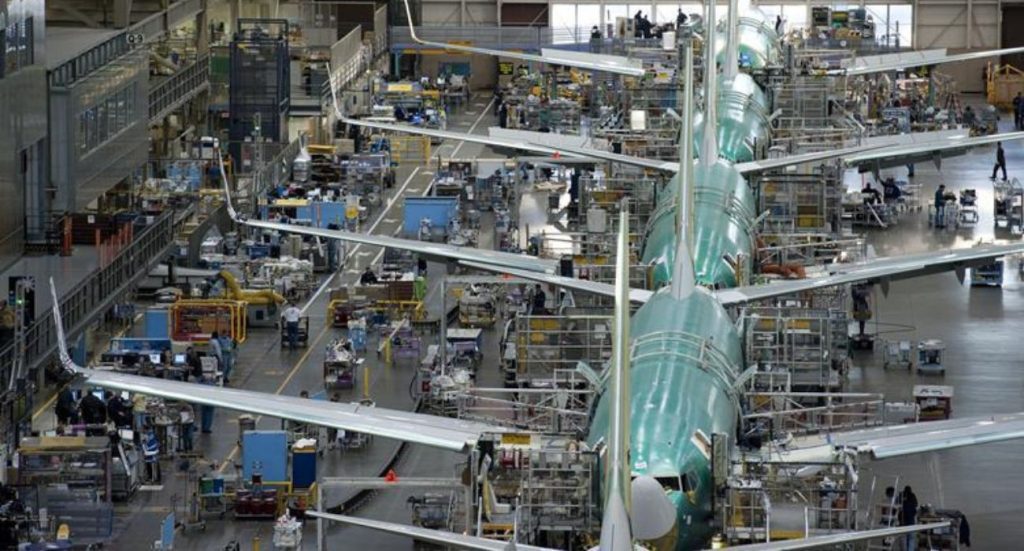An employee at Boeing’s South Carolina production site told their boss that checks on the wing-to-body connections of certain Boeing 787 planes were faked, leading the Federal Aviation Administration to launch a new inquiry into the struggling company.
“After getting the report, we promptly examined the issue and found that several individuals had been breaking Company rules by not conducting a required test but logging the work as completed,” said Scott Stocker, the head of the 787 program, wrote in a message to staff, as reported by the Associated Press.
Upon receiving the employee’s report, Boeing notified the FAA about the falsified checks. Engineers are unable to confirm if planes already in service were checked, but they stated that the violation did not pose “an immediate safety of flight issue.”
Planes still in production will undergo reinspection, leading to anticipated further delivery delays. Boeing’s failure to meet orders this year has resulted in reduced flights and voluntary time off for pilots, as previously reported by The Dallas Express.
“The company informed us in April that it might not have completed required checks to verify sufficient bonding and grounding where the wings connect to the fuselage on certain 787 Dreamliner planes,” stated the FAA, according to AP. “The FAA is looking into whether Boeing executed the checks and if company employees might have falsified plane records.”
Quality control problems at Boeing have been under scrutiny since crashes in 2018 and 2019 caused by flawed flight control systems that sent two 737 MAX planes into uncontrollable nosedives. The accidents in Ethiopia and Indonesia resulted in the deaths of 346 people and led to a worldwide grounding of the aircraft.
After the two crashes involving Boeing planes, regulators imposed a deferred prosecution agreement that mandated the company to meet specific quality standards. Families of the crash victims are now urging the U.S. Justice Department to reopen the case and enforce prosecution.
“The misleading statements, partial truths, and omissions conveyed by Boeing employees to the FAA hindered the government’s ability to ensure the safety of the flying public,” stated U.S. Attorney Erin Nealy Cox for the Northern District of Texas. “This case sends a clear message: The Department of Justice will hold manufacturers like Boeing accountable for deceiving regulators, particularly in high-stakes industries.”
Despite the agreement, Boeing has still been receiving complaints about prioritizing profits over passengers and concentrating more on social issues like “diversity, equity, and inclusion” policies rather than safety, as previously reported by DX.



